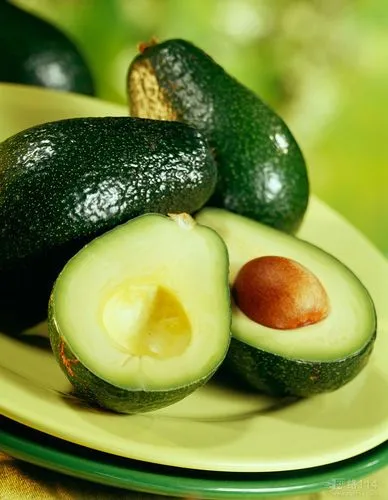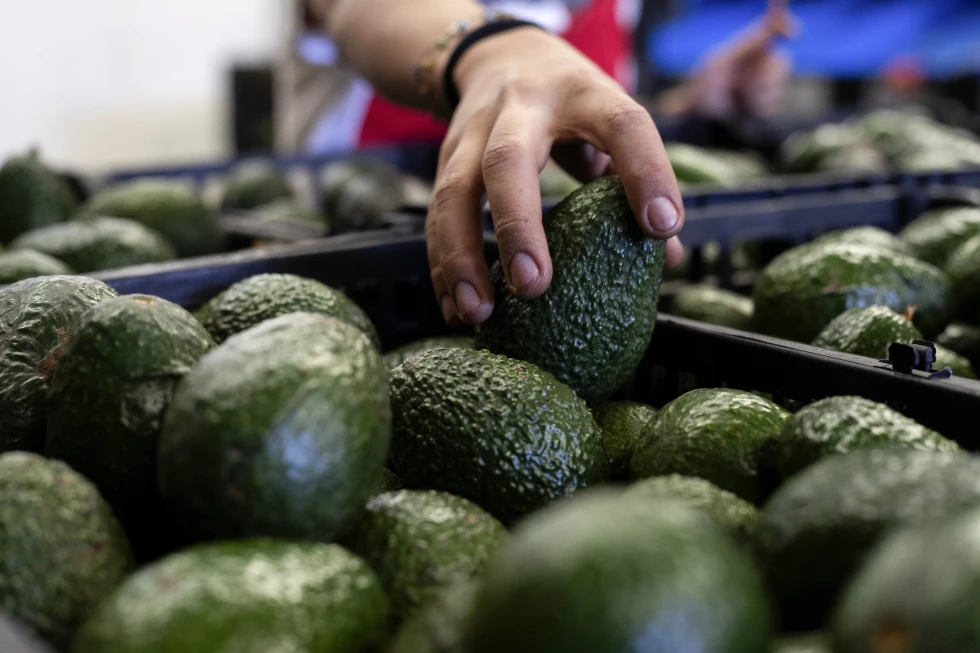The recent decision by the United States Department of Agriculture (USDA) to transfer pest inspections of Mexican avocado orchards to the Mexican government has ignited a firestorm of criticism from California avocado growers.
This controversial move, announced by Mexico’s Agriculture Department, has raised significant concerns regarding the integrity of pest control measures and the potential implications for the U.S. agricultural industry.
The decision marks a pivotal shift in the long-established inspection process that has been in place since 1997, a process that California growers believe is crucial for safeguarding their crops from invasive pests and diseases.
Historically, the USDA has employed inspectors from its Animal and Plant Health Inspection Service (APHIS) to oversee the certification of avocados exported from Mexico to the United States.
These inspectors have played a vital role in ensuring that avocados do not carry pests that could threaten U.S. crops. However, the increasing threats and incidents of violence against these inspectors in Mexico have prompted the USDA to reconsider its inspection protocols.
Reports of inspectors being threatened for refusing to certify dubious shipments have raised alarm bells among growers in California, who fear that the new arrangement may compromise the rigorous standards that have been maintained over the years.
The California Avocado Commission has expressed its discontent with the USDA’s decision in an open letter addressed to U.S. Secretary of Agriculture Tom Vilsack.
The commission argues that the physical presence of U.S. inspectors in Mexican orchards has been a critical deterrent against potential malpractices and that the unilateral decision to substitute these inspectors with Mexican government officials undermines the safeguards that have been established to protect the U.S. agricultural sector.
The commission’s letter articulates a fundamental concern: “What assurances can APHIS provide us that its unilateral reversal of the process will be equal to or better than what has protected us?”
This question underscores the anxiety surrounding the ability of Mexican inspectors to resist external pressures, particularly from drug cartels that have long been known to extort local growers.
The assertion made by Mexico’s Agriculture Department that there have been no sanitary problems in Mexican avocado exports over the past 27 years is met with skepticism by many stakeholders in the U.S. agricultural community.
In reality, the relationship between U.S. inspectors and their Mexican counterparts has been fraught with challenges. In 2022, for instance, inspections were suspended after a U.S. inspector received threats against his life and the safety of his family while working in Michoacan, Mexico’s primary avocado-producing state.
This incident, coupled with reports of growers attempting to pass off avocados from non-certified states as being from Michoacan, illustrates the complexities and risks involved in the certification process.
Moreover, the situation in Michoacan highlights the broader context of violence and extortion that has plagued the agricultural sector in Mexico. Drug cartels have exerted considerable influence over local growers, often resorting to intimidation tactics to secure compliance.
This environment of fear raises legitimate concerns about the capacity of Mexican inspectors to conduct thorough and impartial inspections without succumbing to external pressures.
The U.S. Department of Agriculture has acknowledged these risks, noting that threats against inspectors have led to previous suspensions of inspections in the region.
The implications of this decision extend beyond the immediate concerns of pest control. The avocado industry is a significant economic driver for both California and Mexico, with millions of dollars at stake.
California avocado growers, who are already facing competition from Mexican avocados, fear that the shift in inspection protocol could lead to an influx of contaminated or substandard avocados into the U.S. market.
The potential for pest invasions poses a threat not only to the avocado industry but also to the broader agricultural landscape in the United States. Invasive species can have devastating effects on crop yields, leading to economic losses and increased costs for farmers who must invest in pest control measures.
The recent decision by the U.S. Department of Agriculture (USDA) has raised significant inquiries, particularly regarding the absence of an immediate response to questions pertaining to the rationale behind this decision, as well as its potential correlation with the ongoing threats that have been reported in the agricultural sector.
This lack of clarity has led to speculation about the underlying factors influencing the USDA’s stance, especially in light of Mexico’s pivotal role in the supply chain, as it currently accounts for approximately 80% of the United States’ imports of the fruit in question.
Domestic growers in the United States, despite their efforts and contributions to the market, are unable to meet the entirety of the nation’s demand for this fruit, nor can they provide a consistent year-round supply due to various constraints, including climatic conditions and seasonal production limitations.
Consequently, the reliance on Mexican imports not only underscores the interconnectedness of agricultural trade between the two nations but also highlights the potential vulnerabilities that may arise from such dependence, particularly in the context of evolving threats that could disrupt this critical supply chain.

As stakeholders await further clarification from the USDA, the implications of this decision resonate throughout the agricultural community, prompting a reevaluation of strategies to enhance domestic production capabilities and ensure food security in the face of external challenges.
In conclusion, the decision to hand over pest inspections of Mexican avocado orchards to the Mexican government has sparked significant concern among California avocado growers.
The fears surrounding the integrity of pest control measures, the potential for increased pest invasions, and the broader implications for the U.S. agricultural industry underscore the need for a careful reevaluation of this policy.
As stakeholders in both the U.S. and Mexico navigate the complexities of agricultural trade, it is imperative that the USDA provides clear assurances regarding the efficacy of the new inspection protocols.
The future of the avocado industry, and indeed the health of U.S. agriculture, may very well depend on the ability to maintain rigorous standards that protect against the threats posed by pests and diseases.
